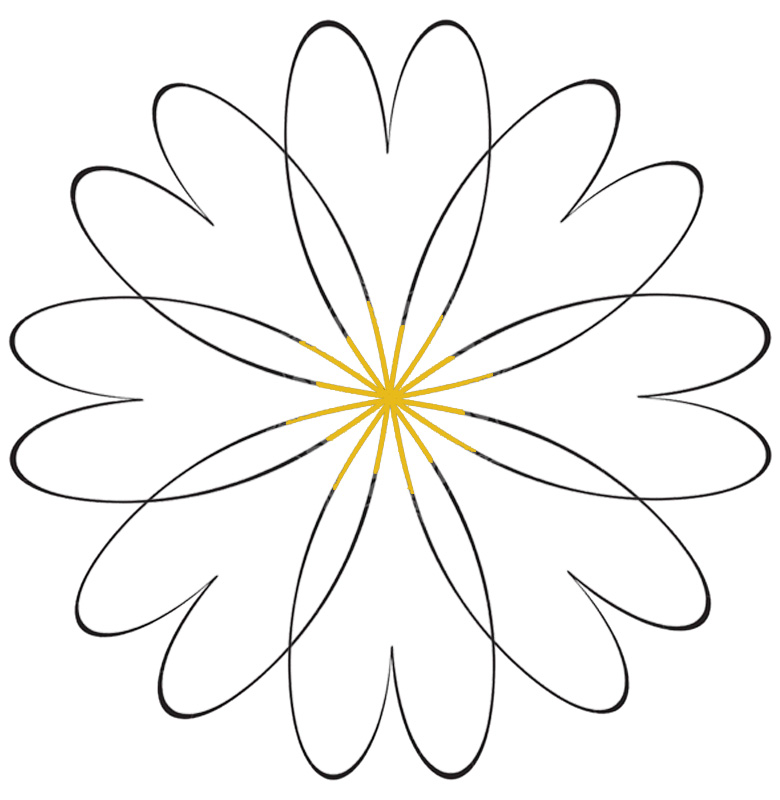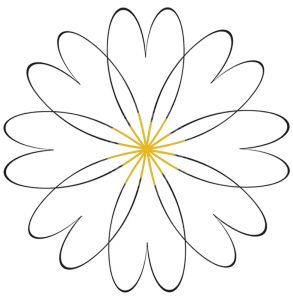Frequently Asked Questions
How can traditional acupuncture help me?
Does acupuncture hurt?
Acupuncture needles are so fine that most people don’t feel them being inserted. It is normal to feel a mild tingle or dull ache as I adjust the needle to direct Qi. While the needles are in place most people feel deeply relaxed which can continue after they are removed.
What does it feel like?
I'm scared of needles - can I still have acupuncture?
How many sessions will I need?
How will I feel after a treatment?
What is moxa?
Moxa is often used in conjunction with acupuncture to enhance the effect of the treatment. The dried herb, Moxa, is used like incense to gently and safely warm the body, relax muscles and supplement qi.
Is it safe for babies, children and teenagers?
Yes. Children and adolescents usually respond very well to acupuncture. I specialise in paediatric care and enjoy treating babies and children of all ages.

